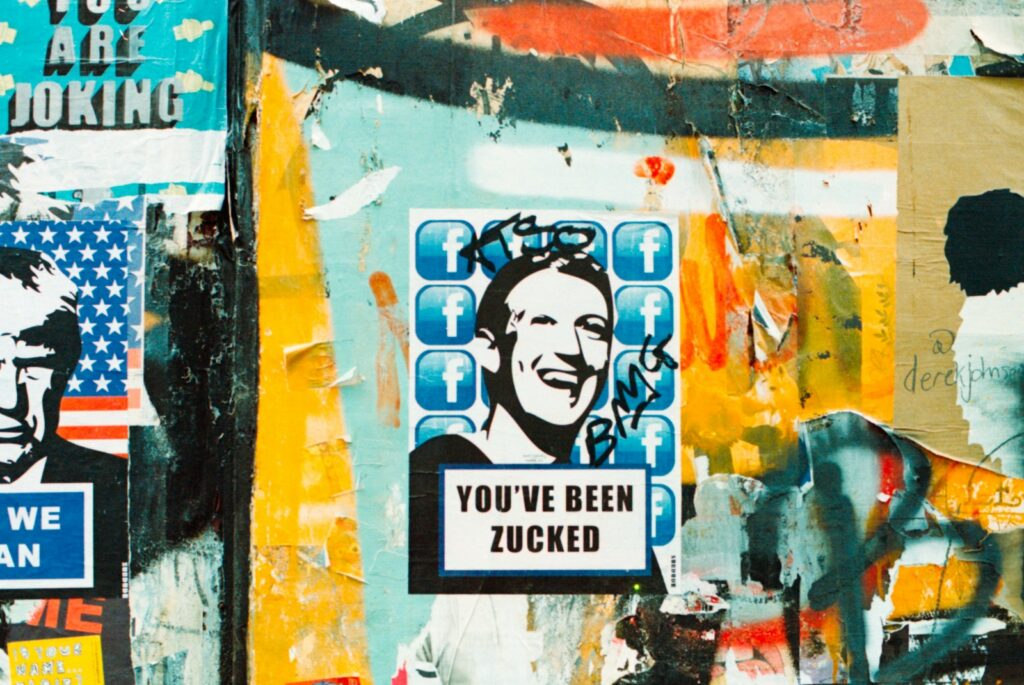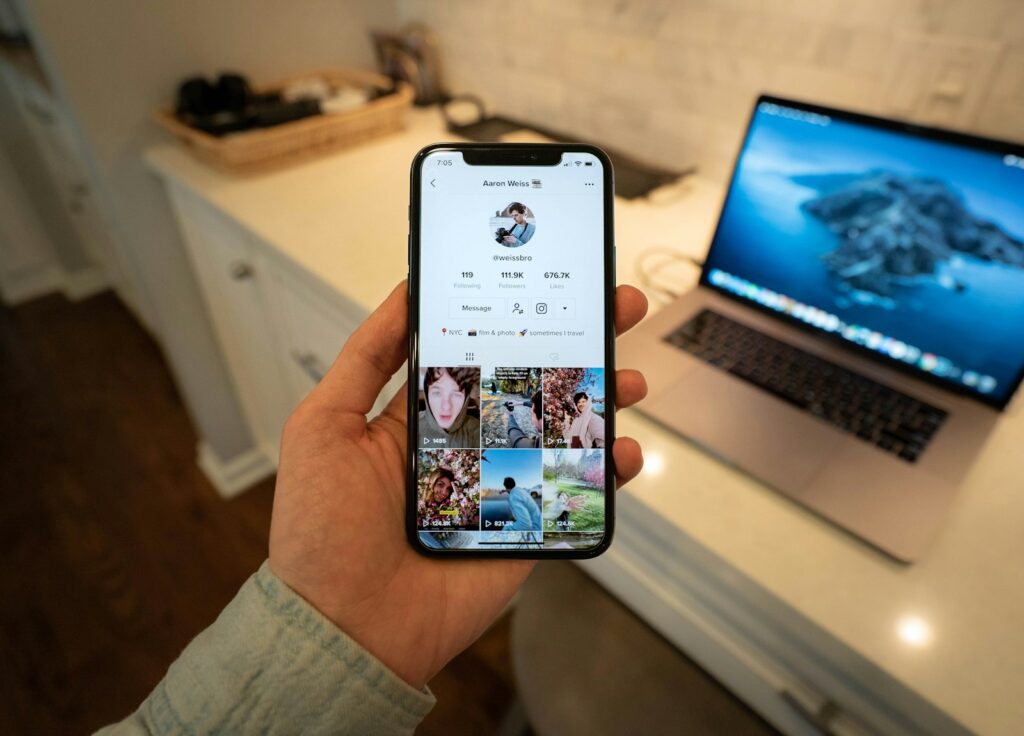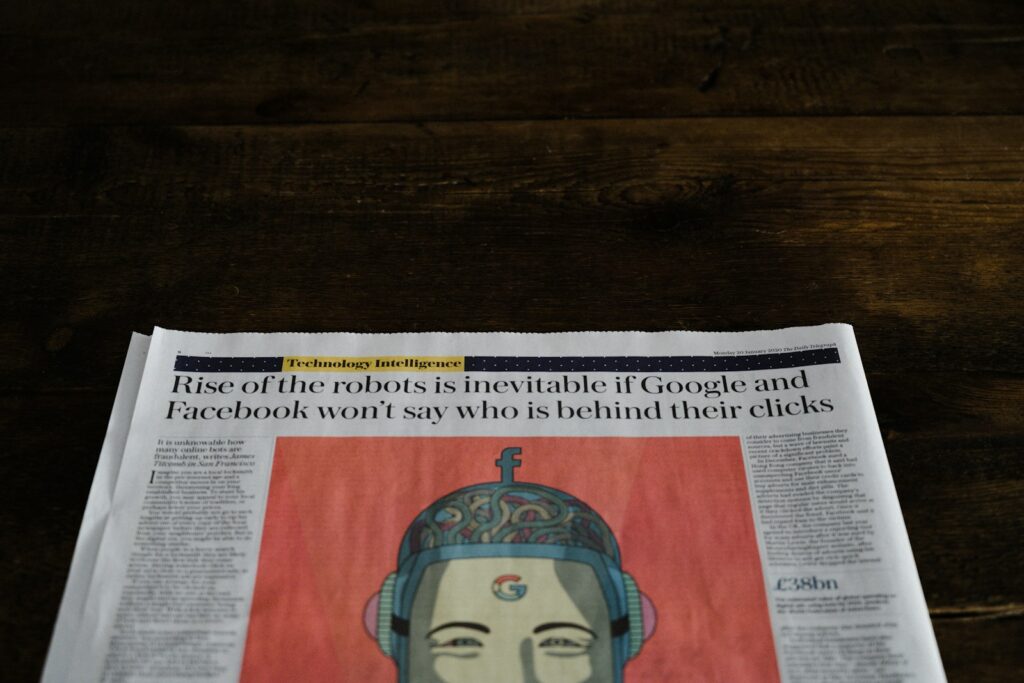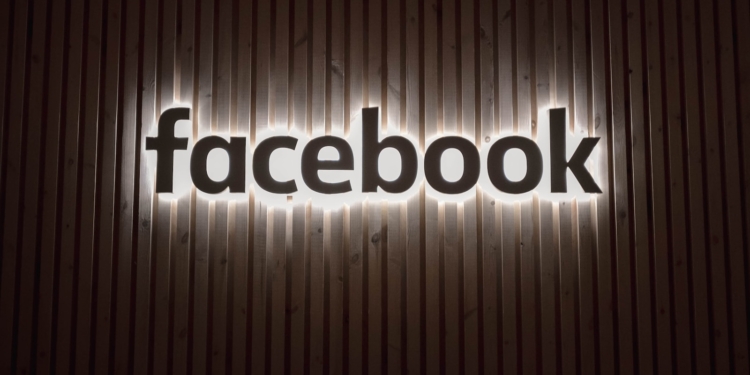Contents
As TikTok has been facing strong headwinds from the US Justice System, Mark Zuckerberg and his company, Meta, have been looking to capitalize on TikTok’s misfortune. Reports indicate that Facebook has been offering creators up to $50,000 per month to quit TikTok and create exclusively on Instagram Reels. Let us break down what’s really happening and why Zuckerberg would go to such lengths.
The Decline of Meta’s Facebook and Instagram
Before rebranding from Facebook to Meta, the social media platform, along with Instagram, have been on a decline since the latter part of the second decade of the 21st century. The rain started beating Zuck when Facebook was reported to have provided users’ data to Cambridge Analytica, a company that took on politicians globally as their clientele. The deliverables were to help sway election results, something that worked effectively in countries like Kenya.

Fast-forward a few years later, and researchers (including Facebook’s own researchers) reported that Instagram was seen to be harmful to teenagers’ mental health—and especially teenage girls. The platform, once a bastion of photo sharing, had declined to a harmful, spiteful, social media platform driven by profit prioritization and a disregard for users’ privacy.
Instagram had even gone to the point of specifically targeting children (those under 13 years of age) for advertisements. You would think that these ads were for toys and the like, but no, these were ads for alcohol, sex toys, and other products and services harmful to children.
The TikTok Ban Opportunity
Following the recent scuffle between TikTok—a popular social media app owned by a Chinese company, ByteDance—and the US government, and with the rapid decline of Meta’s own platforms (especially Facebook and Instagram), Zuckerberg had to find a way to secure the future of his company, and the billions of dollars of annual revenue it brings in.
Couple this with the failure in mass adoption of his ‘metaverse’ idea, and the huge investments Meta made into it, the company was at a crossroad. An FTC investigation into the company and a Zuckerberg grilling by the US Congress didn’t help either.

With the TikTok ban becoming reality and the Sunday 20th deadline for ByteDance to divest from the company fast approaching, Meta saw an opportunity and took it. The first step was to announce that Facebook would be abandoning its moderation policies, citing that they contributed to censorship.
Related: TikTok ‘Goes Dark’: TikTok App Taken Down in the US Plus How to Regain Access
The Short Video Wars
Since TikTok entered the US market, the rest of the social networks saw a huge decline in daily users, as many of them, especially teens and college-age adults, flocked to TikTok. The app — thanks to its short-video content format—became wildly popular, breaking all manner of records. TikTok even holds ‘TikTok Awards’ globally for its most successful creators.

Google’s parent company, Alphabet, then followed suit and introduced YouTube Shorts, essentially copying TikTok’s recipe for success; and leaving Meta in the dust as their platforms were mainly centered on photos and messaging.
In reaction, Instagram introduced Reels, a short-video format that is a copy of #TikTok. Social networking on digital platforms was evolving, and short-videos were now the hot thing, leaving Instagram and Facebook to become ghost towns, especially among teens and young adults (18 to 24-year-olds).
YouTube and TikTok also shared some of their profits with creators, and Meta recently followed suit, but only in a number of countries.
TikTok Unbanned
Despite thinking that he would cash in on TikTok’s downfall— and while publicly cozying up to Donald Trump after he won the 2024 US election— Zuckerberg was at a loss. TikTok had shut off access to the US market a day before the Sunday deadline, but on Trump’s inauguration yesterday, decided to restore access to its 170 million American users.
Mark Zuckerberg’s plan wasn’t working. Despite celebrating the TikTok ban, Trump’s support for TikTok was now undoing the ban; and the millions of creative geniuses making videos on TikTok now had the chance to go back to their millions-strong audiences, leaving Facebook and Instagram reeling as they had been for a few years now. Literally ‘reeling’, yes pun intended. Haha.
$50,000 a Month to Exclusively Create on Instagram Reels
What was Mark Zuckerberg going to do? Does he let the turn of events dissuade him, or does he invest in the future of his social media platforms? After all, Meta makes tens of billions of dollars in annual profit and beyond that, it gives him the most valuable commodity of our times, user data—a product he can sell to governments and the private sector for much more than ads.

A decision was then made, according to The Information, to reach out to a number of the most popular TikTok creators in the country and to offer them up to $50,000 per month to sign deals to exclusively create on Instagram Reels.

Zuckerberg’s expectation is that any creator signing this deal would bring his or her audience along, boosting not only the face of Instagram to other users, but also to authorities.
Like every other content-centered company today, #Facebook makes a majority of its profits from advertising and rather than invest billions putting up ads on competitors like Google, why not entice a few creators and let them bring millions of eyeballs along with them?
Can Instagram Reels Beat TikTok?
The unfortunate thing for Zuckerberg is: Instagram Reels can never beat TikTok. The power of TikTok is in its heavily ‘sticky’ algorithm. TikTok’s algorithm has a sort of charm in that it always gives users the videos they want to see next and every little user action—be it a like, comment, or any other signal—is factored into the algorithm in real time, and determines the next video they user will see when they scroll up.
This technological superiority is something that not even YouTube Shorts has managed to beat, and is a recipe for pure profit, in the hundreds of billions of dollars.

That’s why, I would say, Meta and Zuck are so desperate; as they see a future where Facebook will become redundant, untrusted by its users, and way-laid—as new and more powerful social networking platforms crop up and steal their users.
But like in any great company that ever existed before it, Meta has two choices: adapt or die.








